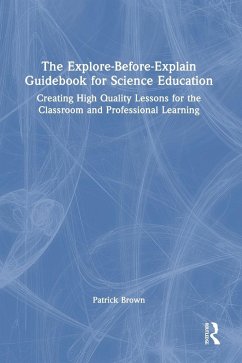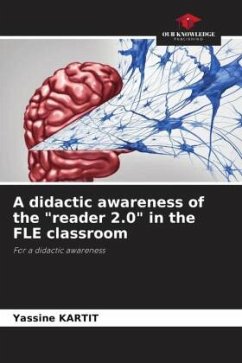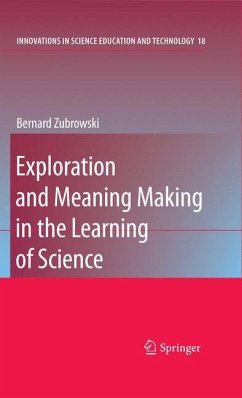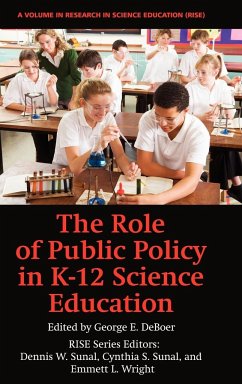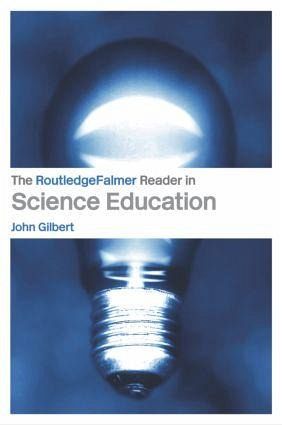
The Routledgefalmer Reader in Science Education
Versandkostenfrei!
Versandfertig in 1-2 Wochen
45,99 €
inkl. MwSt.

PAYBACK Punkte
23 °P sammeln!
This Reader brings together a wide range of material to present an international perspective on topical issues in science education today. In order to identify what themes should be addressed in the book, thirty-eight science educators from around the world responded to the question: 'What issues are currently important in science education in your country?' The outcome is this lively and authoritative Reader, which features topics as varied as: * globalisation * assessment * pupil's views on science education * environmental education * teaching approaches * teacher development * multimedia a...
This Reader brings together a wide range of material to present an international perspective on topical issues in science education today. In order to identify what themes should be addressed in the book, thirty-eight science educators from around the world responded to the question: 'What issues are currently important in science education in your country?' The outcome is this lively and authoritative Reader, which features topics as varied as: * globalisation * assessment * pupil's views on science education * environmental education * teaching approaches * teacher development * multimedia and ICT * constructivism. With a specially written introduction from the editor, providing a much-needed context to the current education climate, students of science education will find this Reader an important route map to further reading and understanding.






